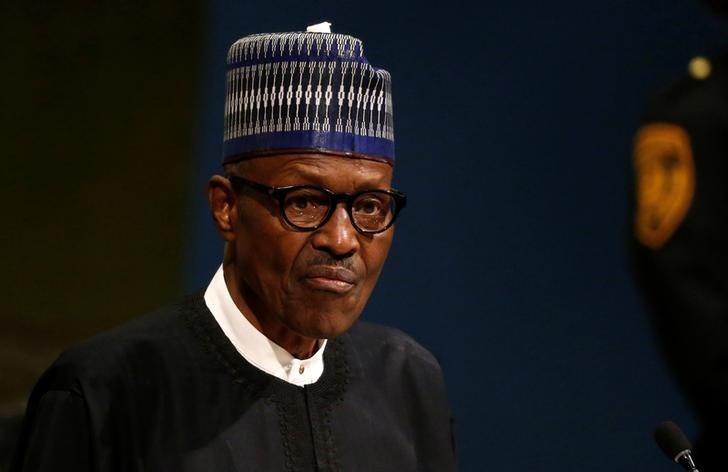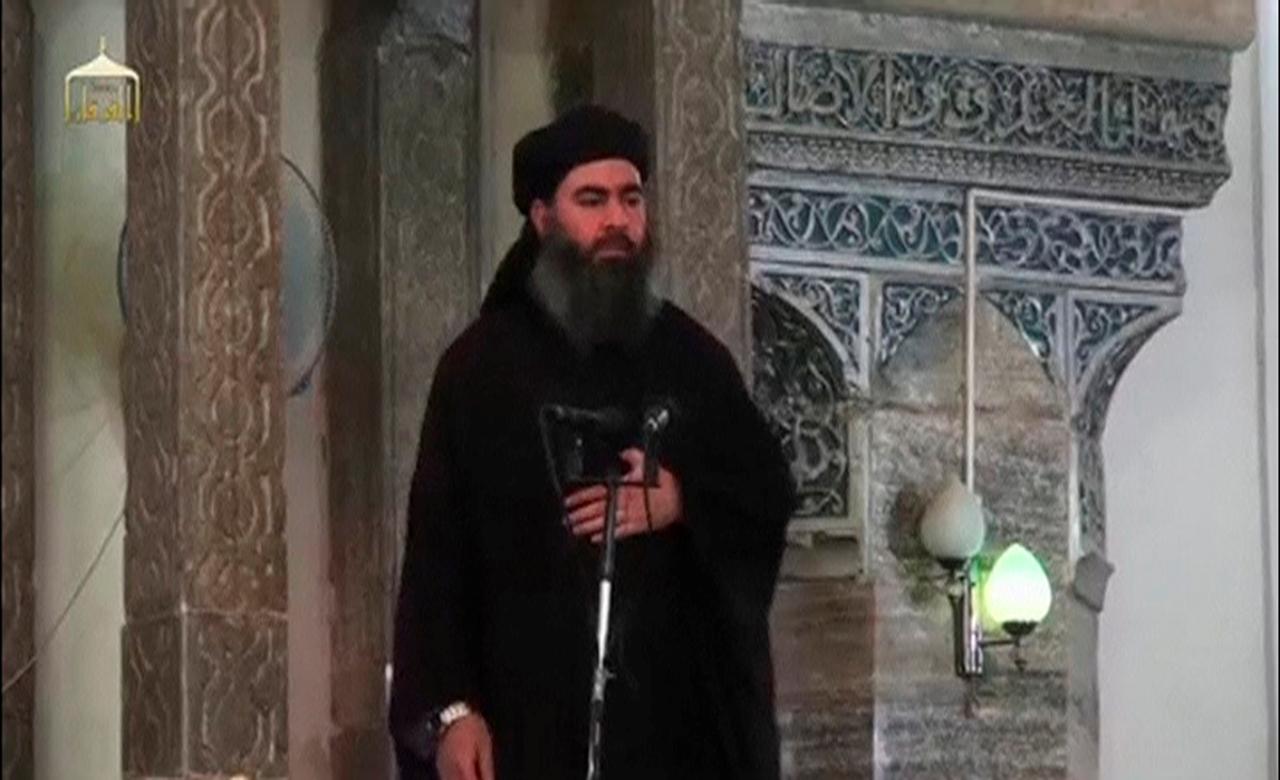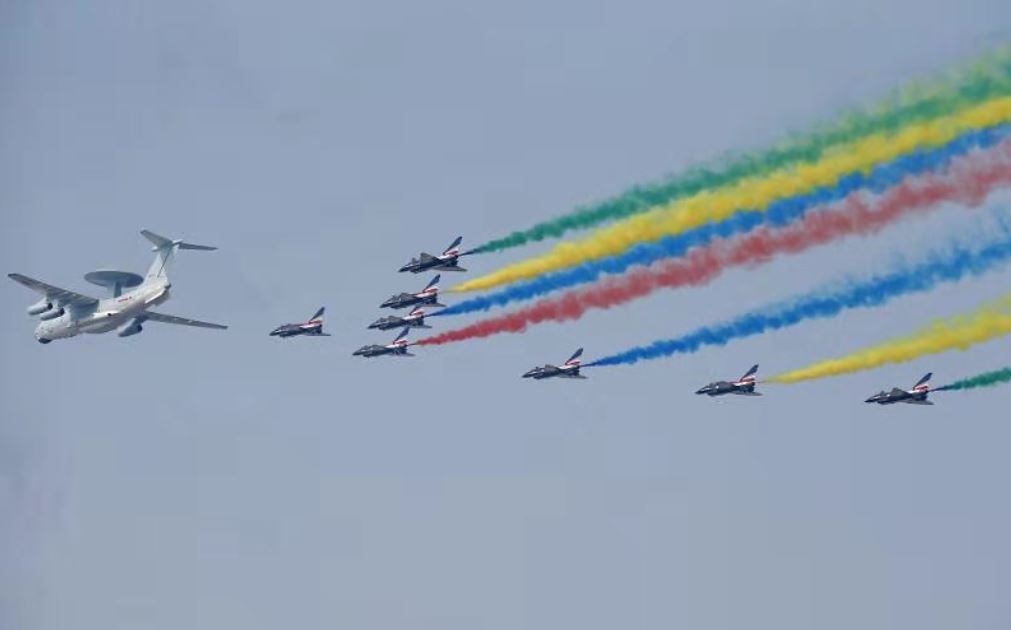
NIGERIA: BUHARI’S ANTI-CORRUPTION WAR
There is something about corruption in Nigeria that is, for me, a huge contradiction. Everyone in the country knows it is about the biggest problem confronting Nigeria. And at the risk of being accused of exaggerating, virtually everyone knows the best way to fight it. Yet corruption still plagues Nigeria.
When Muhammadu Buhari was campaigning for the office of president in the run up to the 2015 presidential election in Nigeria, his major campaign manifesto was to fight corruption. And dare say it was mainly because of that message that he got elected president causing an unprecedented political upset in Nigeria’s democratic history. Never had an incumbent been defeated in a presidential race.
Nigerians were indeed right to have voted in a man who had promised to fight corruption. And in doing so, they considered his track record as a former military ruler. His regime, though short-lived, was considered as the only one that had made a genuine attempt at fighting corruption. And were Nigerians wrong to have placed the issue of corruption above every other issue during the 2015 election? My answer is a categorical No!
Nigerians know that the reason why their education sector has for long been in shambles is because of corruption. The reason why their public hospitals are mere consulting clinics is because of corruption. The reason why roads are budgeted for each year and never get done is because of corruption.
The reason why the country continues to remain in darkness despite spending billions of dollars in the power sector is because of corruption. And we are also now finding out that corruption is the reason why Nigeria has struggled to defeat the Boko Haram. In short, corruption is the basic reason why government does not seem to work for the people.
Shortly after he took office, President Buhari began to walk his talk. Today, quite a number of former military chiefs are standing trial over the what is now popularly called the ARMS SCANDAL, where funds meant for the purchase of weapons for the military to fight the Boko Haram insurgency were allegedly diverted for personal use. Quite a number of former public officials, who served under previous governments, are also facing trial for allegedly stealing from government coffers.
A number of judges including some Justices of the country’s supreme court are facing trial for corruption while some have been compulsorily retired. Perhaps the biggest of them all is the country’s former minister of petroleum, Diezani Alison-Madueke. So many high value property and funds have been recovered from her. The recoveries are still ongoing.
Indeed, the government has so far recovered billions of dollars in looted funds. Some with no pending litigation have been injected into the yearly budget. The implementation of the federal revenue collection system simply known as REMITA has plugged a lot of leakages and brought some level of accountability in the management of government funds. It is a very busy time for the government main anti-corruption agency, the Economic and Financial Crimes Commission.
But, there are still some question marks over the president’s fight against corruption. His critics, including the opposition party, accuse him of going soft when any of his appointee is mentioned in a corruption case. A good example is the former Secretary to the federal government, Babachir Lawal. A Senate probe indicted him of corruptly awarding a contract to himself. The President set up a panel headed by the Vice President to conduct a further probe. Though the report of the panel has not been made public, it is generally believed the panel indicted the former secretary. It took the President quite a while before acting on the probes and fired Babachir Lawal.
Instances like this certainly does not help the president’s anti-corruption fight in the eyes of the public. It also gives his opponents a platform to question his anti-corruption stance.
However, the President’s anti-corruption fight has so far been very commendable and to a large extent effective. Sure there are still inherent challenges but it speaks a lot when the person occupying the number three position in the country today, the Senate President, is standing trial for alleged corruption despite being in the same party as the President.
No one could have imagined former military generals been investigated by an EFCC headed by a Deputy Commissioner of Police and putting them on trial. No one could have contemplated a situation, where those accused of corruption would voluntarily choose to return their loots. It would have be unimaginable putting a serving Supreme Court justice on trial for corruption. All of these and more have happened in just over two years that Buhari was elected president.
But much work still needs to be done. However hard the President strives to fight corruption, the efforts will be in vain if he does not carry the judiciary along in the fight.
There is a growing public discontent at the slow pace of corruption cases in court and seemingly poor prosecution of some cases. The President certainly needs to do something about this. It’s a good thing his deputy is a well respected senior lawyer and a professor of law with a proven track record of sanitizing the Lagos State judiciary, while he was the Attorney General and Commissioner of Justice.
The President also needs to act more quickly and transparently to allegations of corruption against his own close aides. He must realize that sometimes trusted aides could abuse the trust he reposes on them.
Nigerians must realize that the fight against corruption is not just the president’s fight. It’s a fight to free a country that has for long been shackled by a menace that has become more like a pandemic. And they must also realize that it will take the life of several administrations to tame the monster. This President should be given the support to fight corruption as best as he knows it.






